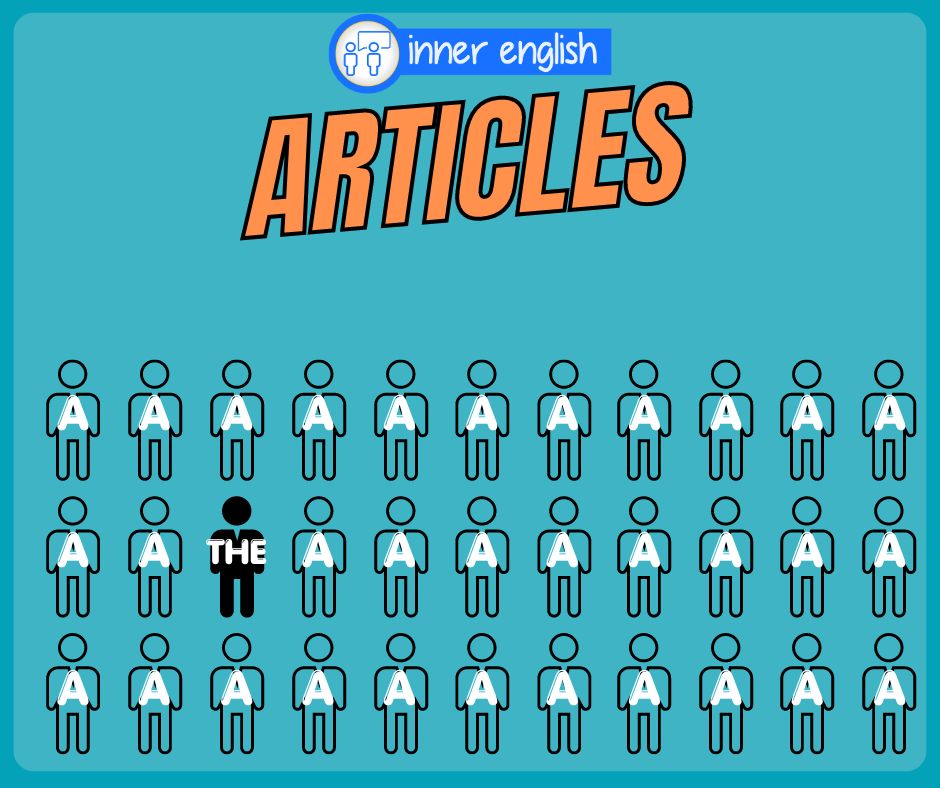Articles (A/The)
There are only two articles in English:
Indefinite Articles: A / An
"A" is used before words that begin with a consonant sound."An" is used before words that begin with vowel sounds.- Use the indefinite articles
"A" and"An" as synonyms for the number one. - Use the indefinite articles
"A" and"An" when:you mention a noun for the first time. - Use the indefinite articles
"A" and"An" when:you talk about something unspecified or generic. - Use the indefinite articles
"A" and"An" when:you mention a noun of which there is more than one.
The use of
It is important to learn to pay attention to what we hear and ignore what we see written. English is a non-phonetic language, which means it is not always pronounced as it is written.
Definite Article: The
Here are some tips for using
- Use the definite article
"The" when:you mention a noun for the second time. "The" isNOT used when talking about things in general."The" is used when talking about something specific, like the coffee from a café near your house.- Use
"The" when referring to something or someone unique. - Use
"The" when referring to common things.
I would say that in English the use of definite articles, compared to Spanish, is much less.
Using the article is not always the best option. The following sentence, for example, is incorrect, as the first sentence talks about coffee as a general drink, and the second sentence talks about the coffee from that place.
Imagine being in a classroom, where there is usually only one teacher and several students.
I will assume that you are my student in a class with five other students. What is your role in the classroom?
In the classroom, there is only one teacher:
And there are six students, so when talking about one of them you would say:
Think of your dear mother when she sent you for bread or milk. Saying something like:
When referring to the same small store you always went to, perhaps even greeted the owners, you and your mother knew you were referring to this particular store.
I know it's a bit confusing at first, but take a look at the following examples and see how both parts of the conversation know exactly which one or which ones.
Conclusion
I know it's a lot of information, but remember that the goal of this website is to provide all the necessary information to understand how the English language works. In reality, only English teachers know these rules because we hate ourselves. If you want to speak English like a native, you will probably just acquire the instinct and know how to use this information naturally, without overthinking it. I just ask that you keep practicing, and thus you will develop a sense of what works and what doesn't when you speak English.
